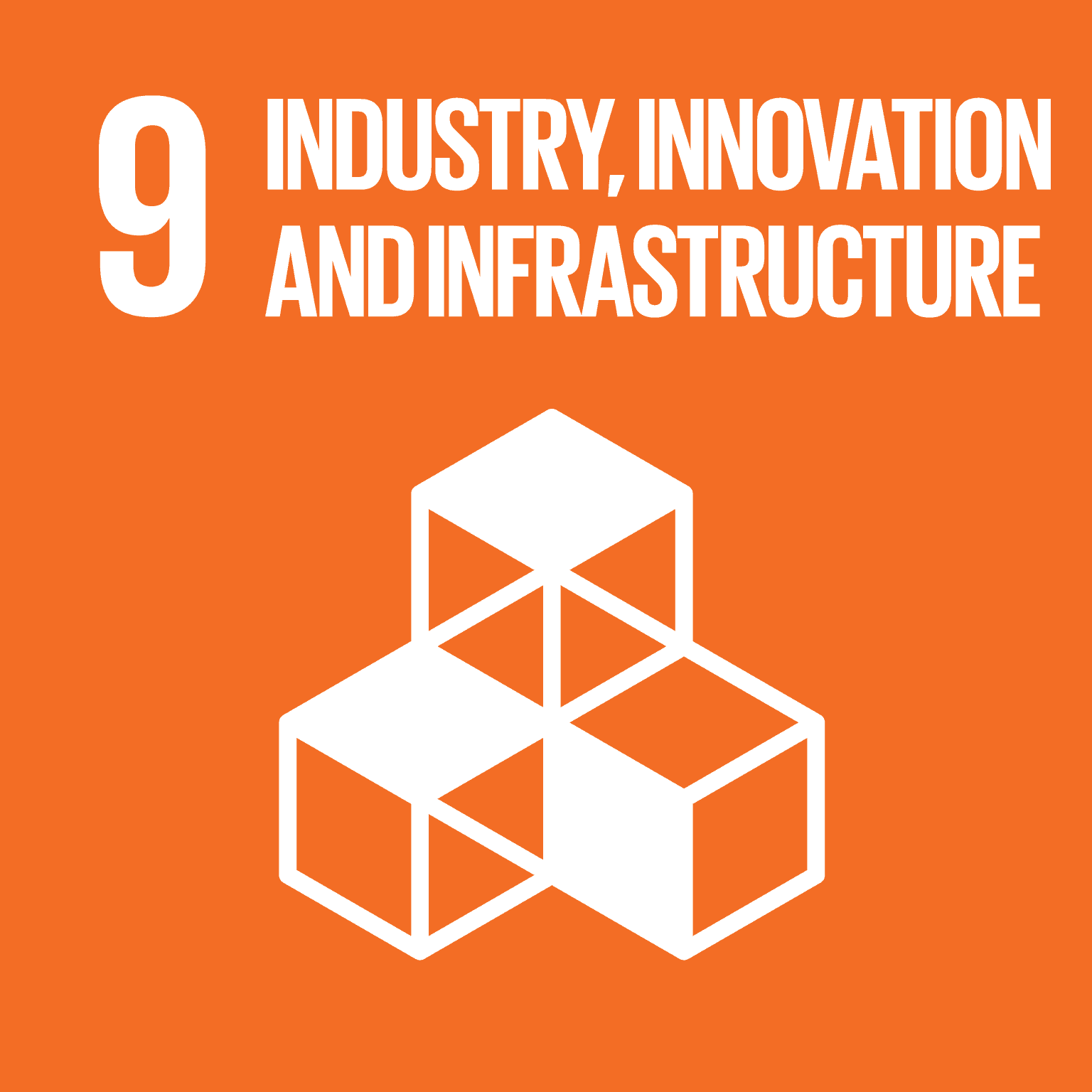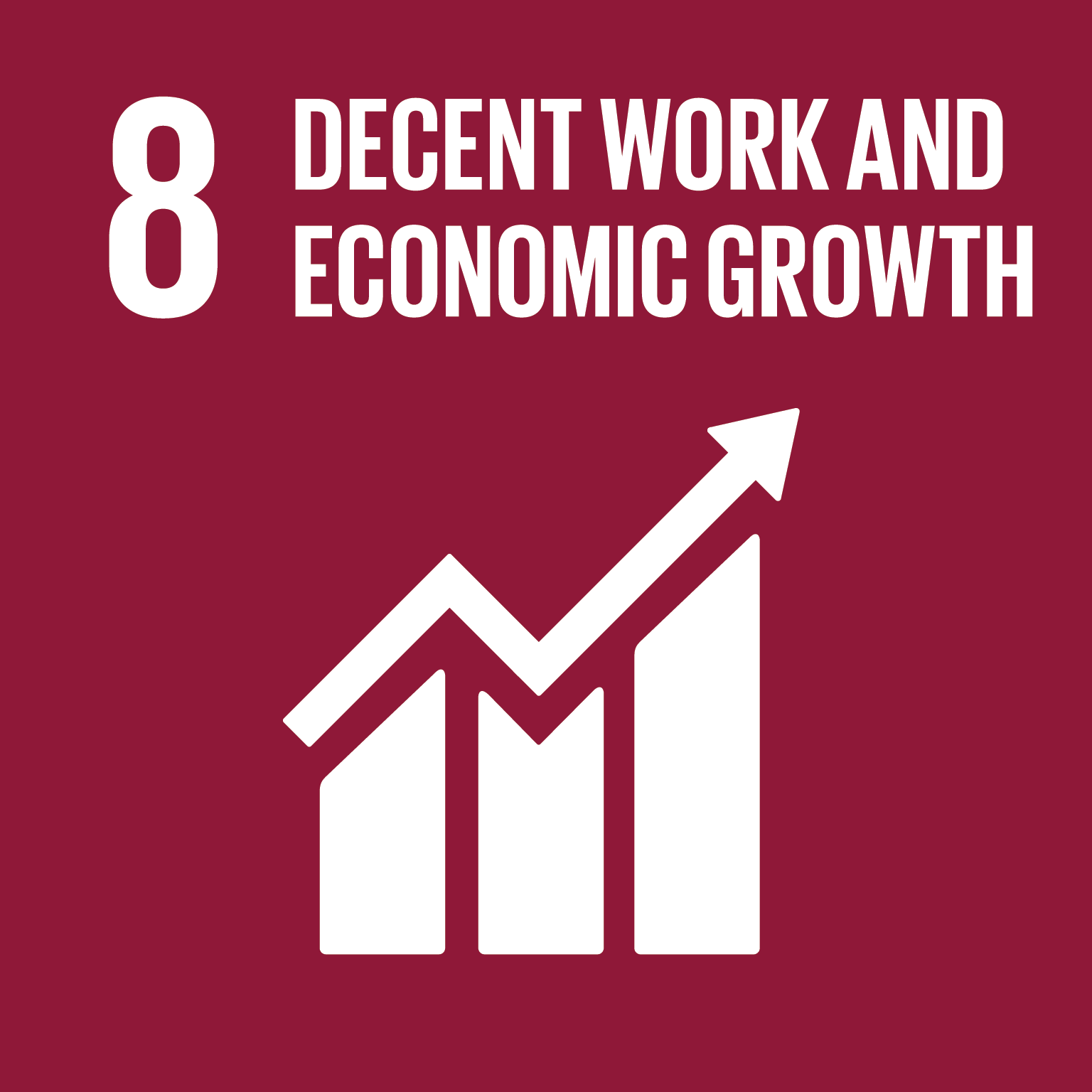A-Card Initiative
Challenges
In rural Bangladesh, smallholder farmers, especially women, aren’t able to access capital and finance adequately for improved farm management and technology practices to increase their production.
Main obstacles behind such scenario are:
- Interest rate of the current available loan offer by micro finance and local individual is around 25% - 30% and 100%-200% respectively.
- 1-3 week repayment schedules that doesn’t align with farming seasons.
- Farmers (especially women) may feel pressure to spend loans on non-business expenses like food—and then go further into debt.
- There are government banks’ agricultural loan which need collateral and huge paper work
- Commercial Banks’ don’t have branches near to the farmers reach
- No financial institutes are providing enough financial literacy for the farmers.
- Don’t have enough savings of their own
Towards a Solution
“A-Card” the initiative supports agricultural lending to farmers through a formal banking channel so that farmers are able to access the necessary credit to purchase agricultural inputs with minimum costs and flexible payment terms. The loans will be offered to farmers at an annual interest rate of 10% with payback made at the end of a six-month term, unlike standard MFI loans, which generally have an annual percentage rate of 25-31% and require weekly repayments over a 46-weeks period.
The A-Card model integrates an operational framework which explains the overall activity flow in this project specifying which stakeholders are involved at what stages and how their activities revolve around the project’s goals and objectives. The operational framework is divided into a number of stages and are explained below:
- Initial stage: Identify & Train Local Stakeholders the AESA project organizes the farmers into Farmer Producer Groups (FPGs) & link them with MFIs/NGOs. The potential agricultural input retailers are trained on the use of NFC enabled smart phones for mobile banking.
- Development stage: Partnership between AESA, MFIs/NGOs & Commercial Bank At this stage, the AESA project and the MFIs/NGOs collaboratively select smallholders and input retailers and help them to open bank accounts with the private bank through the MFI/NGO operated agent bank booths.
- Operational stage: Providing Debit Cards to Farmers At this stage, the bank provides NFC debit cards to the new account holders and limits the credit ceiling BDT 10,000 – BDT 20,000 (USD 125 – 250) according to the advice of the MFIs/NGOs. Farmers are able to purchase inputs from selected retailers using A-Card.
- Repayment stage: Monitoring Credit & Payment Schedules during the final stage, the MFI/NGO’s credit officers will regularly monitor the smallholder households and give them advice about repayment schedules and amounts. The smallholders should repay the loan from six months from the date of lending.
It’s a win-win collaboration between commercial banks, local agents, retailers and farmers. A-Card helps farmers to enter into the formal banking system with a financial product designed for them and helps the banks to reach to the millions of un-tapped rural customers through this loan product.
A-card is helping to strengthen women’s empowerment aspects. Because fingerprint and photo security puts women directly in control of their cards, other family members can’t pressure them to spend the money in other ways. It also allows women to get easy access to credit and inputs, which has been a big barrier for women in Bangladesh.
Within only 18 months, 4,000 farmers (59% women) were registered with three local agents. Total of USD 400,000 was disbursed and 35 inputs retailers participated in the initiatives. The first lot of loan receivers made full payment of their loan through agent banking outlet. The registered farmers are maintaining their savings (about USD 25,000).
An external evaluation results showed that for the A-Card holder farmers’ farm productivity and profitability increased 25% and 66% respectively due to higher production and better sale prices; the study also observed that 85% borrowers were satisfied. Farmers stated that their social dignity was also elevated.
It is envisaged that the A-Card model will ensure high recovery rates due to low interest rate and repayment only on used credit after six months. Registered farmers will continue savings with MFIs, improve market linkages and strength-en collaboration between farmer communities, local MFIs and larger commercial banks. As farmers will continue using and building their credit records by continuing the use of digital card, the ICT platform, agent bank and hold a bank account, their self-confidence and preparedness for future commercial endeavors is envisioned to increase. Further, earnings from the interest rate is expected to pay for operational costs and upkeep of the ICT platform by the banks and agents. Thus, this market-driven approach and collaborative sustainability plan envisions that the solution can grow in the targeted markets.
Contact Information
1) From SSN4PSI - Asad-Uz-Zaman, Secretariat, Focal person of SSN4PSI 2) From CARE - Prabodh Devkota, Assistant Country Director – Program, Care Bangladesh
Countries involved
Bangladesh
Nominated By
South-South Network for Public Service Innovation
Supported By
CARE, USA
Implementing Entities
CARE, Bangladesh
Project Status
Completed
Project Period
10/2018 - 9/2019
Sectors
Financial Services
Primary SDG
01 - No Poverty
Secondary SDGs
10 - Reduced Inequalities
Similar Solutions







